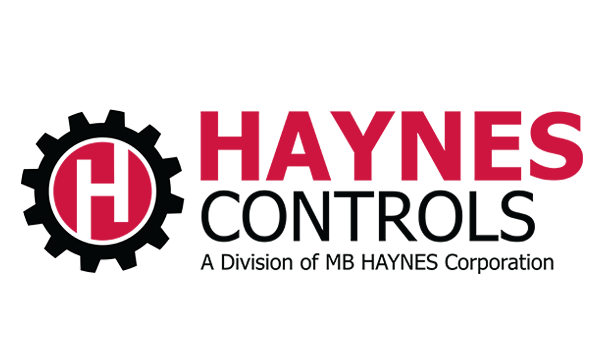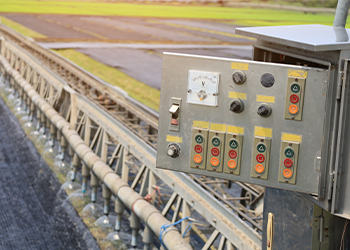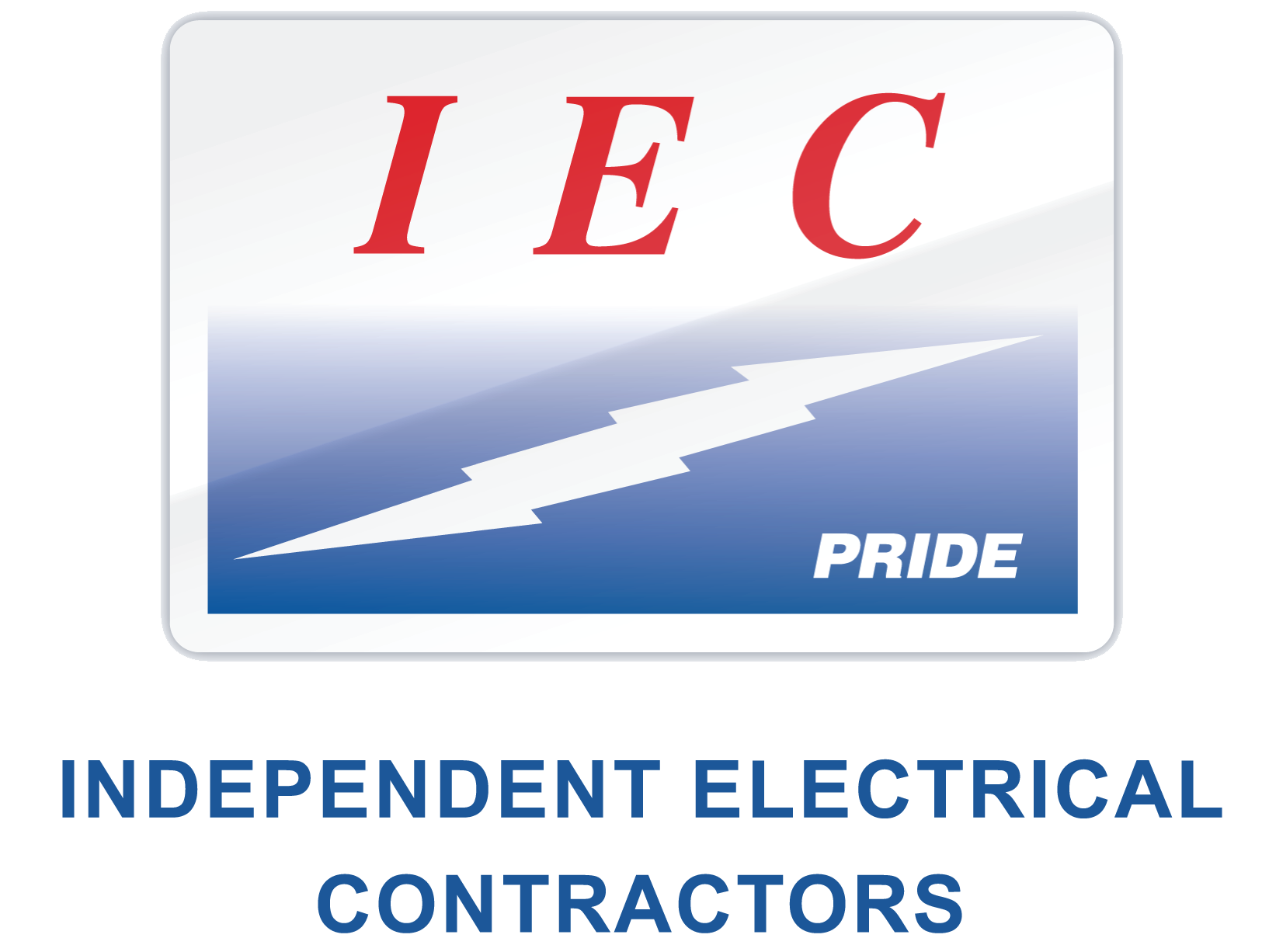
Agriculture
 The use of electrical control panels in the agriculture industry has become increasingly prevalent due to the technological advancements aimed at improving efficiency, precision, and automation in farming practices. Electrical control panels serve as centralized hubs for managing and regulating various electrical and electronic components within agricultural systems. Here are some key aspects to consider when discussing their role in the agriculture industry:
The use of electrical control panels in the agriculture industry has become increasingly prevalent due to the technological advancements aimed at improving efficiency, precision, and automation in farming practices. Electrical control panels serve as centralized hubs for managing and regulating various electrical and electronic components within agricultural systems. Here are some key aspects to consider when discussing their role in the agriculture industry:
- Automation and Precision Agriculture: Electrical control panels play a pivotal role in enabling automation in agriculture. They are employed to control and monitor various processes, such as irrigation systems, greenhouse climate control, and livestock management. Precision agriculture, which involves using technology to optimize crop yields and minimize waste, relies heavily on electrical control panels to manage sensors, actuators, and data processing units.
- Irrigation Systems: One of the primary applications of electrical control panels in agriculture is the management of irrigation systems. These panels control the operation of pumps, valves, and sensors to ensure precise and efficient water distribution. Automated irrigation systems can be programmed based on factors like soil moisture levels, weather conditions, and crop types, leading to water conservation and improved crop yields.
- Climate Control in Greenhouses: Greenhouses often require precise control of environmental conditions to create an optimal growth environment for plants. Electrical control panels regulate parameters such as temperature, humidity, and lighting. They can integrate sensors and actuators to maintain ideal conditions, promoting year-round cultivation and enhancing the quality of crops.
- Livestock Management: In the livestock sector, electrical control panels are used for managing feeding systems, ventilation, and monitoring animal health. Automation in feeding processes ensures consistent and controlled nutrition for animals, while ventilation systems can be adjusted to maintain optimal living conditions. Additionally, sensors can be integrated to monitor the health and well-being of livestock.
- Data Collection and Analysis: Modern agriculture relies on data-driven decision-making. Electrical control panels facilitate the collection and analysis of data from various sensors and devices. This data can include information on soil conditions, crop health, and environmental factors. Farmers can use this data to make informed decisions, optimize resource usage, and implement precision farming practices.
- Energy Efficiency: Electrical control panels contribute to energy efficiency on farms. They can be programmed to schedule the operation of equipment during off-peak hours, manage power usage in response to demand, and optimize the overall energy consumption of agricultural processes. This not only reduces costs for the farmer but also promotes sustainability.
- Remote Monitoring and Control: With the integration of communication technologies, farmers can remotely monitor and control agricultural processes through electrical control panels. This feature is particularly valuable for large-scale operations, allowing farmers to make real-time adjustments and respond to changing conditions without being physically present on the farm.
In summary, the use of electrical control panels in the agriculture industry brings about increased efficiency, resource optimization, and improved crop/livestock management. As technology continues to advance, the integration of smart systems and automation through these control panels is likely to play an even more significant role in shaping the future of agriculture.
Our Industries
- Agricultural Industry
- Automotive Manufacturing
- Chemical Laboratories
- Chemical Processing Industry
- Data Centers
- Educational Institutions
- Entertainment and Broadcasting Industry
- Food and Beverage Processing Industry
- Manufacturing Industry
- Medical Equipment Manufacturing Industry
- Mining and Minerals Processing Industry
- Oil and Gas Industry
- Pharmaceutical Manufacturing Industry
- Pulp and Paper Manufacturing Industry
- Rail Transportation Industry
- Renewable Energy Industry
- Research Laboratories
- Telecommunications Industry
- Textile Industry
- Transportation Industry
- Water and Wastewater Treatment
- Controls Services MAIN PAGE >












